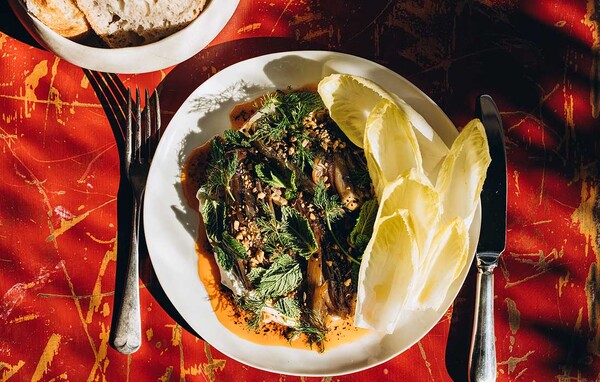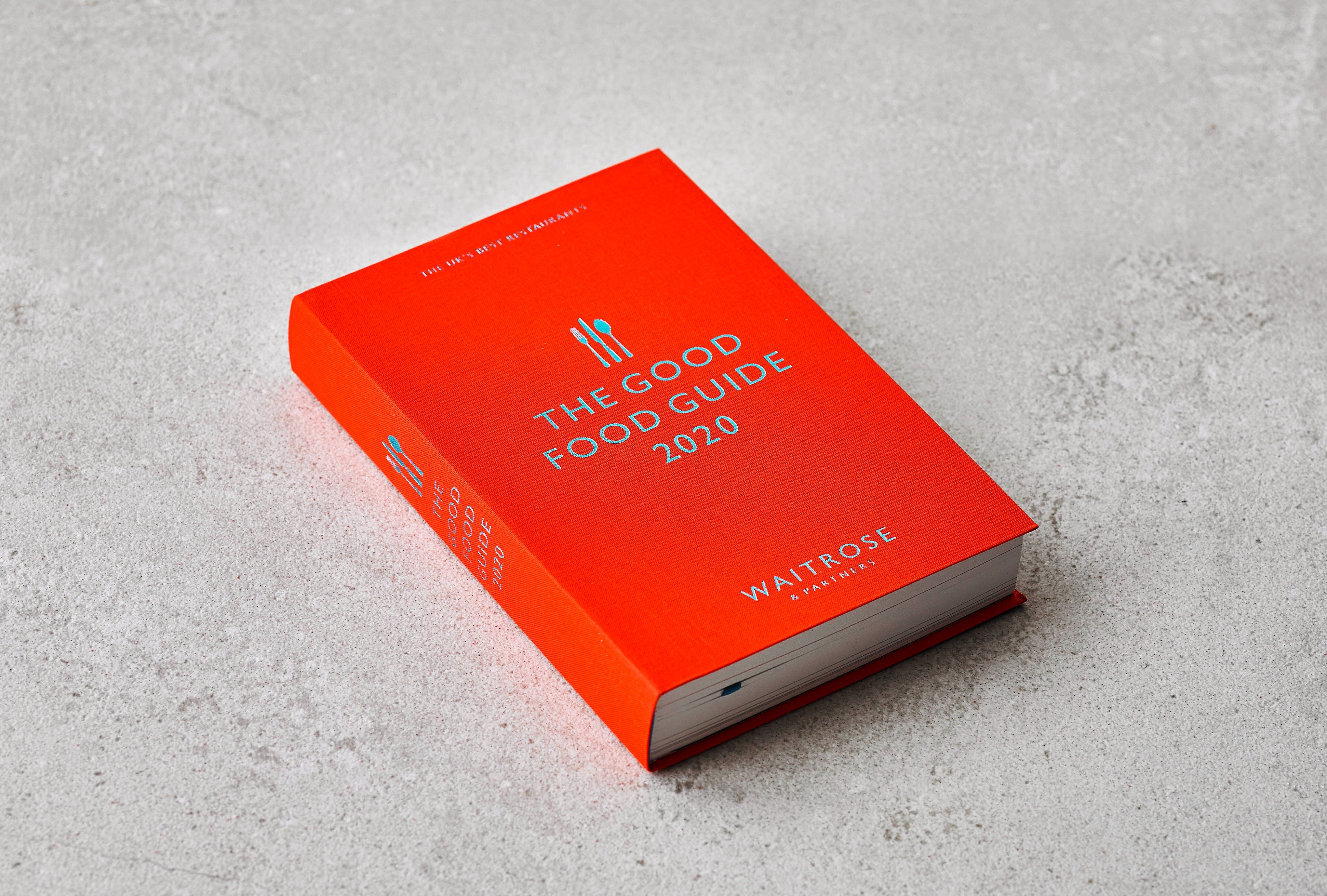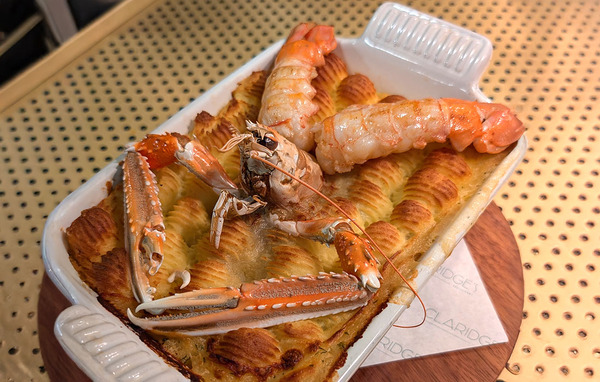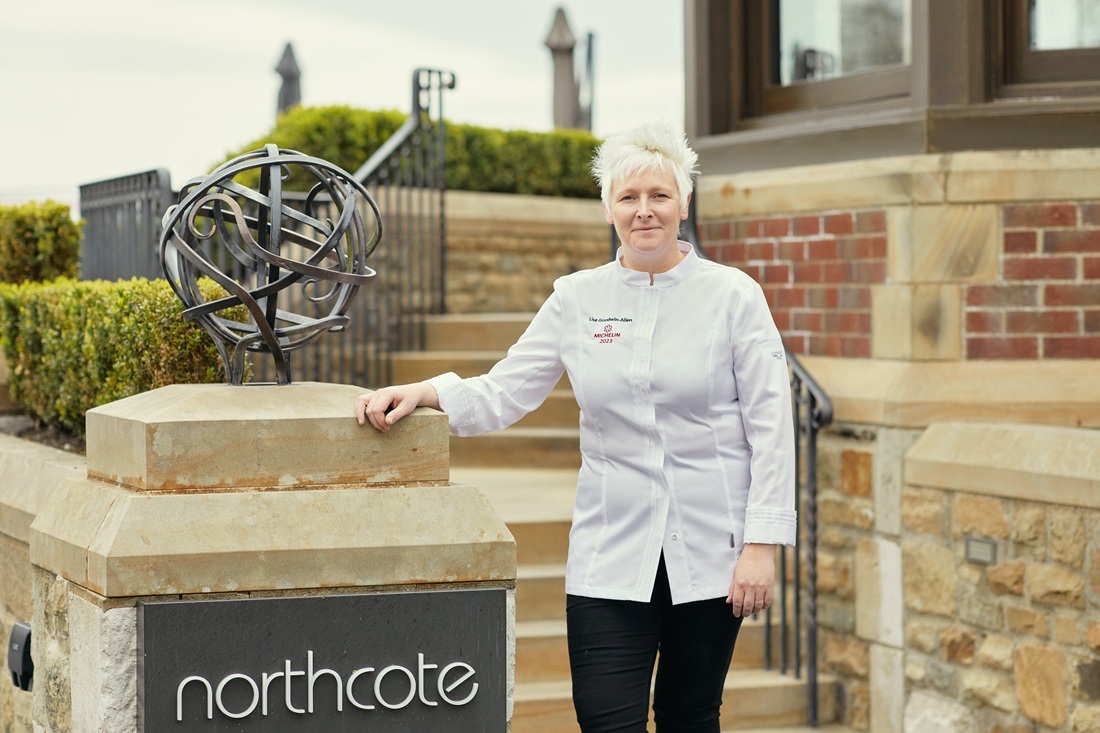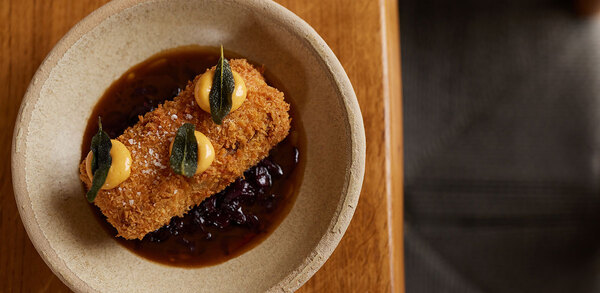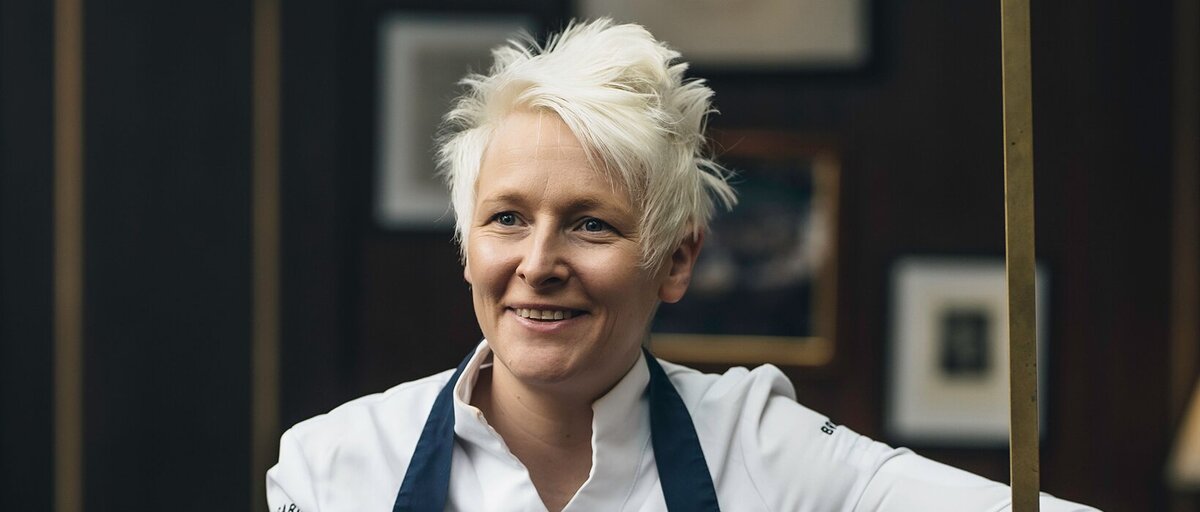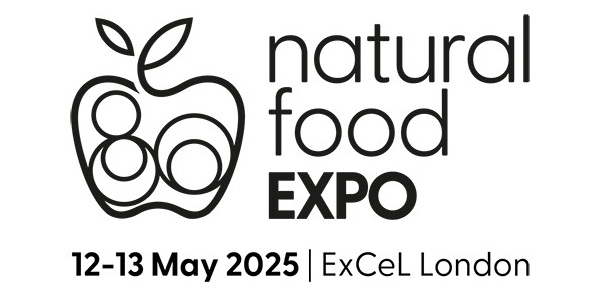The Good Food Guide ceases publication after more than 70 years
The Good Food Guide, the oldest continually running UK restaurant guide based on a combination of reader reviews and expert inspections, is to cease publication after more than 70 years.
A statement from Waitrose said: “Regrettably we have taken the decision not to publish the Waitrose Good Food Guide during 2021. We are very appreciative of the efforts of all our partners, inspectors and those who have contributed to the guide during the seven years since we acquired it. We retain the brand but currently have no plans to publish future guides. We will continue to champion the industry through our publications, including Waitrose Food and Waitrose Weekend."
The guide confirmed that it would not publish its 2021 edition in September last year, saying the Covid-19 pandemic left it unable to reflect the industry "fairly or accurately".
It said at the time that it would continue to promote the industry through its social media channels, adding: "As soon as the doors of the UK's pubs, bars, restaurants and cafés are open once again, our inspectors will be ready to visit and support them, as well as the suppliers who rely on these establishments for their businesses to thrive."
The Good Food Guide was bought for an undisclosed sum by Waitrose from the consumer company Which? in 2013. The impact of the pandemic has seen Waitrose and John Lewis report heavy losses and the group has subsequently closed stores and made thousands of redundancies.
Elizabeth Carter was appointed as consultant editor of The Good Food Guide in November 2007, having worked as a restaurant inspector and contributor to the guide since the 1990s and following previous roles including editor of Les Routiers UK and Ireland Guide (2002-2004) and editor of the AA Restaurant Guide (1997-2000).
“[It] helped shape the industry, raised awareness of good food, and even raised standards in restaurants across the country," she told The Caterer.
"My heart bleeds, because we’ve always been really, really good at restaurants outside London and major cities, and these restaurants don’t always have a voice. They rely on a guide like The Good Food Guide to get the message out to the dining public. It’s a big loss at a time of real hardship for everyone – restaurants are struggling as well as the high street. We’re just a very unfortunate casualty.
“I am genuinely gutted that there won’t be another Good Food Guide… it’s part of my DNA.”
What started out as a gentlemen's club of food lovers developed into one of the most influential and best-loved guidebooks in the UK.
Journalist, historian, novelist and gourmet Raymond Postgate was so appalled at the state of food in Britain in the 1950s that he founded the Good Food Club, which he initially called the Society for the Prevention of Cruelty to Food. He recruited an army of volunteers to clandestinely visit restaurants and their collective reports were compiled to make The Good Food Guide, the first edition of which was published in 1951 and sold 5,000 copies.
While the first edition in 1951 included 600 entries, the most recently published 2020 edition had 1,200.
“The Good Food Guide really was pioneering and because of it people became conscious about good food,” chef-restaurateur Rowley Leigh told The Caterer in 2010 on the guide’s 60th anniversary.
“The Good Food Guide helped to improve standards tremendously,” said food writer Michael Raffael at the time. He also argued it helped establish the restaurant industry outside of London: “It was used by so many people as the basis from which to choose a restaurant and really encouraged people to eat out.”


